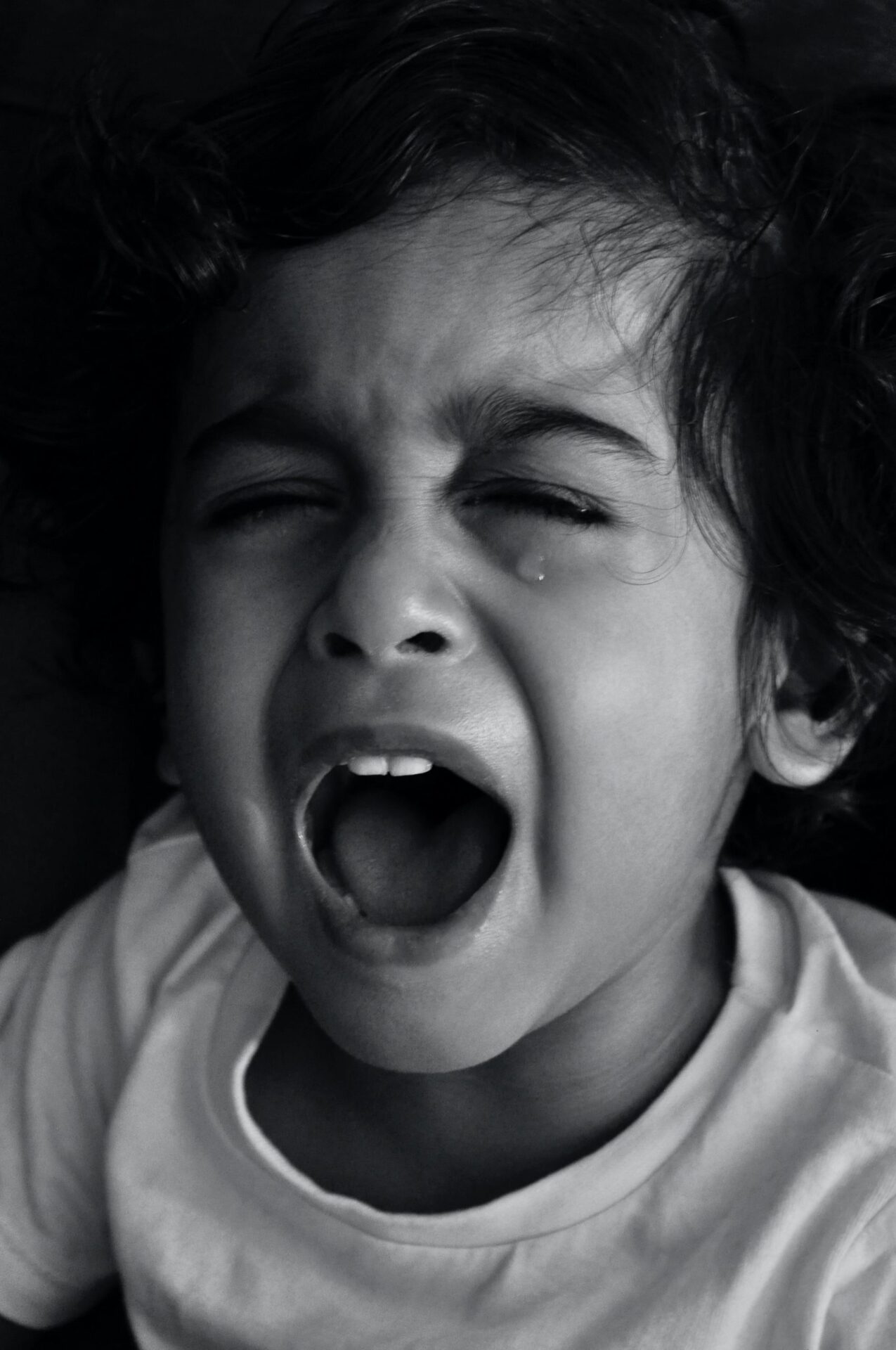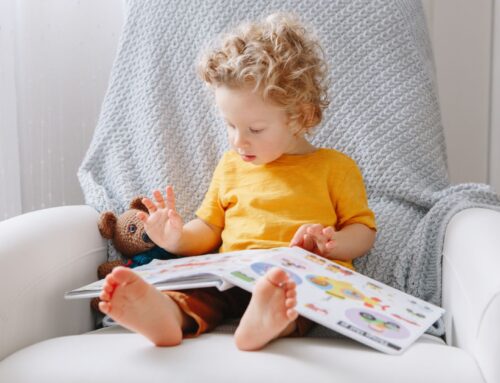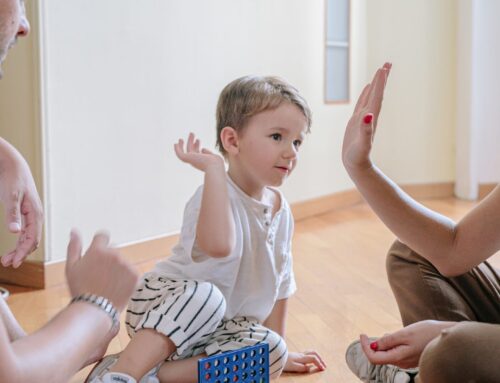By Emma Thomas
Biting – it’s a normal phase in children’s development but it can be so difficult to handle. As adults it is our job to keep children safe and when biting happens it can feel like we are failing. As a mum and a teacher I’ve seen and experienced biting from both sides! It’s confronting whether your child comes home with a bite mark or if they are the biter. And it hurts when your child bites you!
So why do children bite and what can we do about it?
Why is my child biting?
- Exploration – Young children use all of their senses to experience the world. One of their favourite ways to interact is mouthing or biting objects.
- Frustration – for pre-verbal children biting is one of the ways they communicate
- Teething – their teeth or gums are hurting and biting helps them feel better!
- Reaction – they have bitten before and noticed the big reaction they got.
- Impulsivity/lack of self regulation – young children haven’t yet developed the skills needed for self regulation, they are impulsive and live in the moment.
What to do about biting?
- Communicate – discuss the biting behaviour with all the adults in the child’s life. Make sure everyone is aware of the behaviour and choose a consistent strategy. Your child’s educators will have experienced many children going through a biting phase so they will have good ideas to support your child.
- Supervise/shadow – make sure you supervise your child and try and prevent biting before it occurs. Be prepared to shadow your child in new or stressful situation where biting is more likely to happen.
- Provide alternatives – make sure you have a teething ring or chew toy on hand to give to your child when they need it.
- Don’t overreact – children need to know that we are their calm, capable leaders and that we aren’t phased by their behaviour.
- Use simple language – ‘I won’t let you bite me/your sister/your friend. Biting hurts.’
- Acknowledge – if you can see why your child is biting, acknowledge their feelings and the situation. ‘it looks like your mouth is hurting, here is something to chew on.’. Or ‘I can see you really wanted a turn with the truck, it can be hard to wait!’.
- Wait – almost all children will grow out of biting, so just give them a little time to develop.
Books
I love reading books with young children, these are 2 good ones I’ve found about biting.
- ‘Teeth Are Not for Biting’ by Elizabeth Verdick, ill. Marieka Heinlen – a lovely, simple book which explains what our teeth are for! It covers different reasons children may bite and provides alternatives.
- ‘Little Dinos Don’t Bite’ by Michael Dahl, ill. Adam Record – a fun book about Little Dino, he has started biting everything! Little Dino learns what things are for biting and what things aren’t.
For most children biting is a normal phase which they will grow out of. Using some simple strategies we can help support children through this growth period and prevent injuries from occurring. If you feel like your child is biting an unusual amount or is continuing to bite as they get older, seek advice from your GP.
For more information check out biting-in-childcare.pdf (startingblocks.gov.au)









